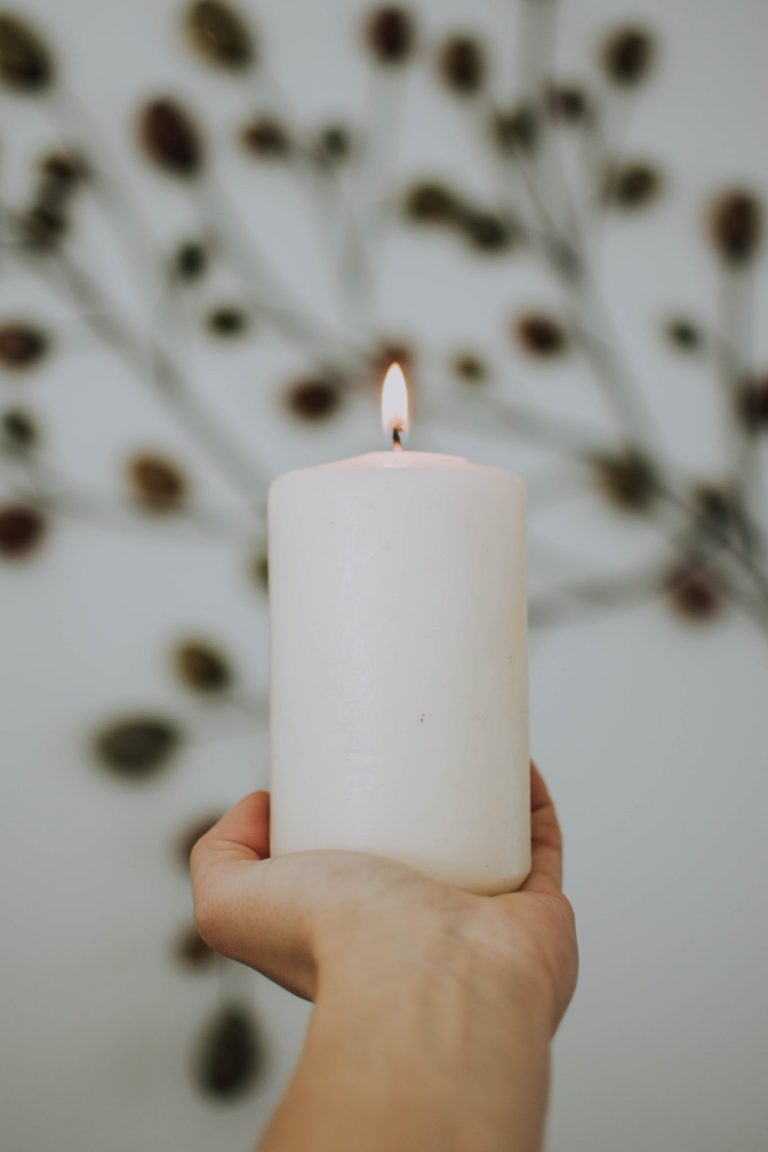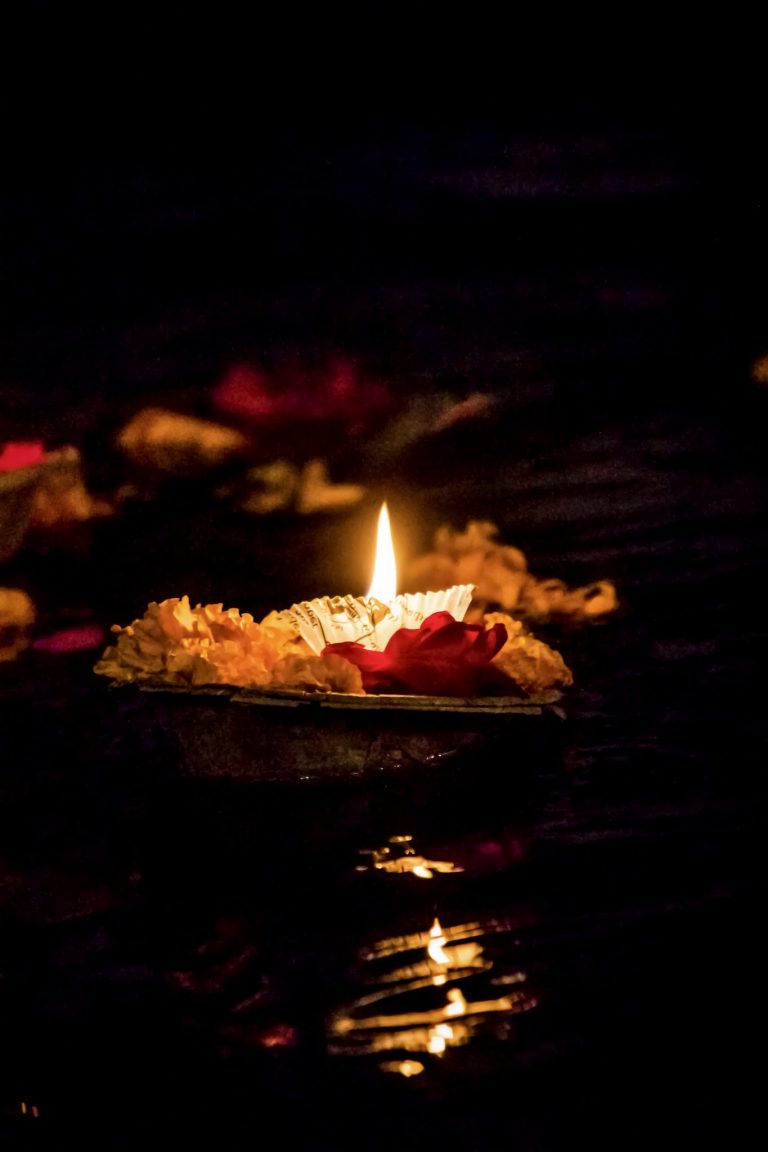NOMAD is an organisation that has been working in Sheffield since 1989, to my knowledge. NOMAD began in 1989 when Jacky who had experienced homelessness with children, and Barrie who had experienced homelessness as a single man, made a commitment to form an agency to assist homeless people in Sheffield. Jacky and Barrie commenced their work without any resources, from the kitchen of a Council maisonette. My understanding, from conversations with Jacky and Barry, is that the name NOMAD originated in their experiences of receiving the answer “no” so often to their requests for help that it drove them “mad”, hence NOMAD!
One of the first initiatives that Jacky and Barrie took was to organise a Christmas meal in the maisonette for people who found themselves roofless over the festive period. They were overwhelmed but not surprised by the numbers [78] who turned up. They also found accommodation for six individuals.
The story of NOMAD caught the attention of many of us who were concerned about homelessness. NOMAD had already illustrated that when the will is there much support can be given even when resources are tiny. A small group of us from different voluntary and religious organisation met with representatives of NOMAD on 5.9.90 and 1.10.90 to consider the provision of support for homeless and roofless people over the Christmas – New Year period of 1990/91. The meetings identified the need for premeses, finance, provisions and volunteer support. The premises at Carver Street Wesley Methodist Church [now an Australian theme Bar] were offered as a Night Shelter. A building [Club 81] was also offered as a day centre.
As a result the group calling itself SHOC (Sheffield Homeless Open Christmas) launched an appeal for £10,000, and enough volunteers to provide shelter, friendship, food and clothing for those who would otherwise find themselves isolated, lonely, and even roofless over the festive season. The response was excellent. We received £15,000, over a hundred volunteers offered to help, and there were many contributions of food, clothing and bedding. Over the Christmas period, up to 25 people took shelter each night at Carver St Wesley, and up to 80 people made use of the day centre.
We had to find an alternative name to SHOC since there was another organisation using the same title, and after some discussion came up with Homeless and Roofless at Christmas [HARC]. The word Roofless was changed to Rootless soon.
I know, from Minutes of meetings, that the initial group of people who started HARC included: Inderjit Bhogal, Briony Broome, Margaret Chamings, Phyllis Cooper, Philip Drake, Rachel Frith, Howard Long, Bob Townrow, Judith Tucker, Barrie Sefton and Chris Sissons. Numerous others joined in later, of course, but these are the founding members. Jacky Hague never came along to meetings. We appointed Margaret Chamings as the Coordinator, and I was appointed the first official Chair of HARC.
Other people who were very hard workers with HARC included Captain Alan Turner of the Church Army, Jenny Hales, Mavis Percy and Bill Emmingham. There are, of course, many others and the problem of starting to list names is that some are left out.
We worked as small groups under the titles of: Premeses, Finance and Provisions, and Support & Publicity.
Each group worked very conscientiously, and with great care. Well before the days of Risk Assessments, we paid close attention to Fire, Health and Safety needs. Each volunteer went through training sessions. No one was allowed to work with HARC without proper training.
As it developed, HARC donated some of the surplus money to other organisations working alongside homeless and rootless people in Sheffield. HARC also initiated and sponsored a new Sunday centre which also started life in the Carver St Wesley buildings.
We adopted a Constitution, and began to take the shape of an organisation.
I believed that the work of HARC would be quite temporary and that there would soon be long term provision, including adequate housing for all. I was convinced that
the kind of initiatives taken by groups like HARC will not eradicate need. Only adequate housing and affordable homes would do that.
In 1990 we made a financial appeal for £10,000 and received £15,000. In 1991 we made a financial appeal for £16,000, and received £24,000. In 1992 we appealed for £20,000 and met our target again. In addition to money there were generous gifts of food, clothing, bedding and premises…. And most important of all people gave themselves – as volunteers, over 100 each year. This response said to me that the people of Sheffield were disturbed and bothered by the levels of homelessness among us, and wanted to support any initiatives being taken to stand alongside homeless people.
Twenty years ago I said in speeches that it is unjust that anyone in Britain is homeless; that there are sufficient resources within this country, even in the depths of a recession – or depression – to end homelessness. The levels of homelessness in this country are scandalous. The kind of initiatives taken by groups like HARC up and down the country are good, but they will not end homelessness – only the provision of adequate and affordable housing will do that. What we can offer is compassion and friendship. We will do what we can within our human and material means. We will support the work of organisations such as Shelter at the national level, and NOMAD at the local level which campaign alongside homeless people for justice. While the initiatives taken by groups like HAC will no eradicate homelessness, they do illustrate the concern that exists over homelessness, and what can be done even where resources are small. The City-wide response to HARC has brought people from different religious political persuasions to stand alongside the homeless and form a deep fellowship with those who find themselves homeless and rootless.
Justice requires the provision of adequate and affordable housing. It is a basic human right, for each human being, to have a home, a permanent home. It is to government, at local and national level, that we look for such justice, and meeting of basic human rights.
We all have to do what we can, and we can all do something to achieve justice.
Sadly twenty years on we are in an economic recession again.
For twenty years HARC has offered support and worked with homeless and rootless people in our city. HARC does what can be done within limited resources. In no way is HARC has provided a transitional, resting place, warmth and food and friendship. The Sunday Centre [now based in Victoria Hall], has continued to provide a service. NOMAD continues to provide an essential service.
The need remains. The situation is more complex. Those needing the support of HARC and the Sunday Centre include destitute people seeking Sanctuary among us.
I don’t know where Jacky and Barry are now, but they’ve left a lasting legacy in Sheffield.

